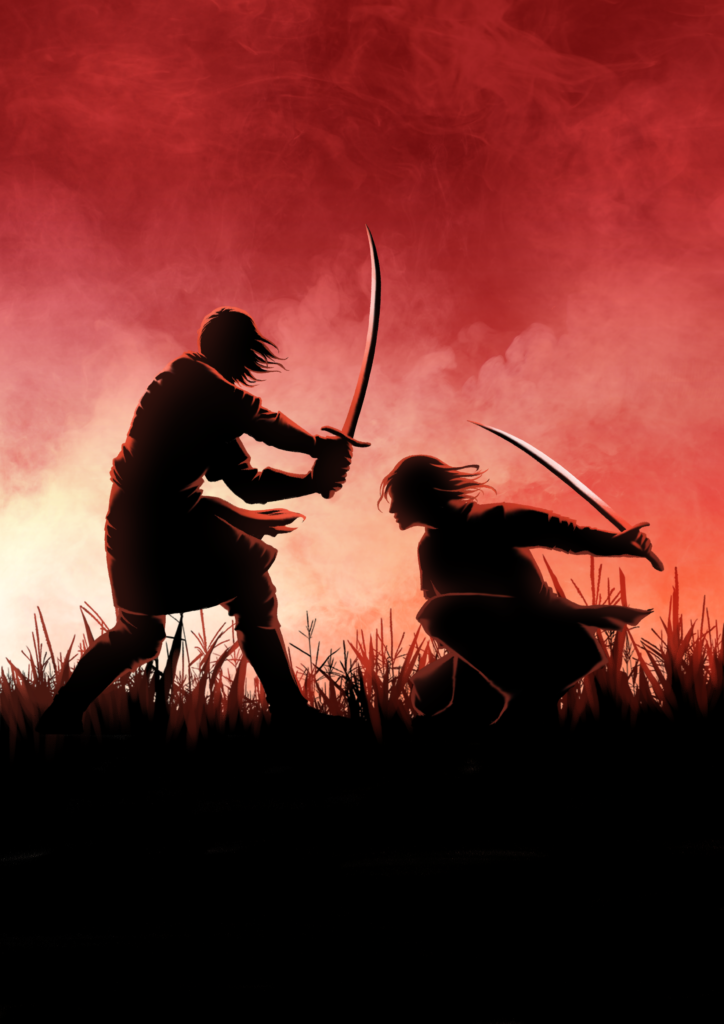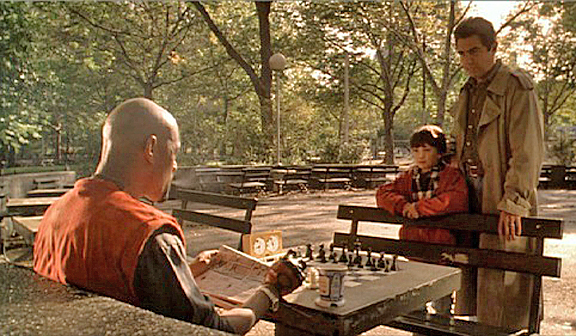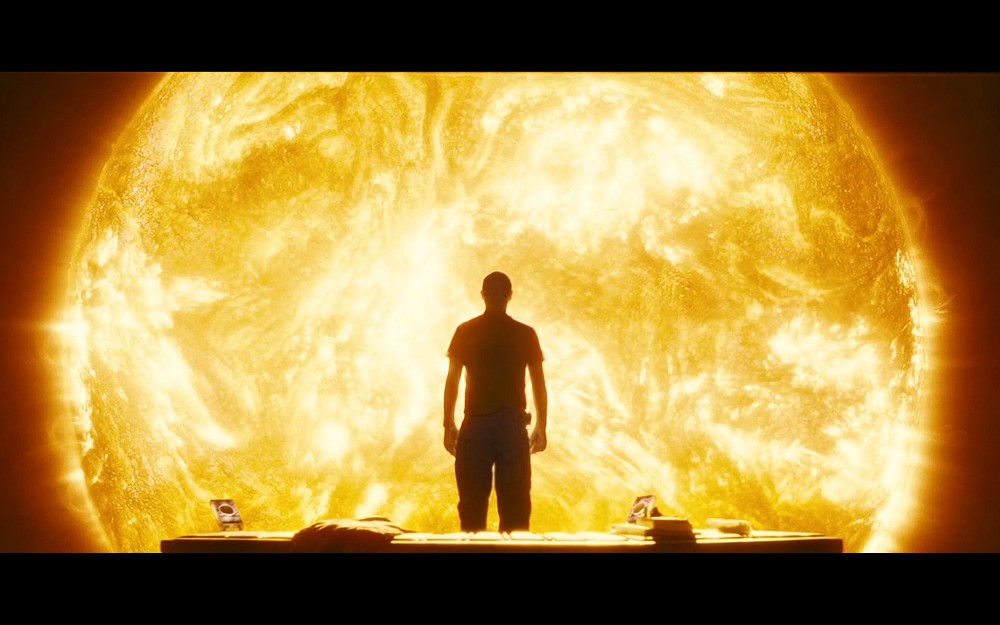Nothing is ever truly original, isn’t that what they say? All writers steal from somewhere. I always find it fascinating to learn about what inspired a given work, so here I am, sharing–this is the list of some of the influences readers may find in the Chrysathamere Trilogy, from the obvious to the less obvious, from Star Wars to Joan of Arc and everything in between.
1. A Song of Ice and Fire
Need I say anymore? This series has become synonymous with political intrigue and medieval-esque fantasy warfare, not without reason. Even if it couldn’t quite stick the landing (or any landing–does anyone still think this series will ever be finished?) it certainly made an impression on me back in college when I was first teasing out the threads that would eventually become the Chrysathamere Trilogy. Cliche as it is, this may be the book that started it all.
2. Star Wars (especially the prequels)
Star Wars was unquestionably my favorite thing ever going up, and the inspiration behind many a childhood game of make-believe with my brother. I’m embarrassed to admit I once knew the names of all the pod-race pilots in the Phantom Menace…that’s how geeky I was. As I grew older, I became more aware of the…ahem–flaws…in the prequel trilogy. Still, I maintain, beneath the cringe-ey dialogue and overused CGI is a compelling story of a fall to darkness and two people, close as brothers, who gradually drift apart. There’s a reason the characters fight with colored swords and Annuweth is a three-syllable name beginning with “An,” is all I’m saying.

3. Joan of Arc and Alexander the Great
Again, pretty self-explanatory. Early drafts of Book I were much more Joan of Arc-esque, with Marilia, like the French saint, entertaining visions of deities and convincing herself she really did hear the voices of the gods. Some of those influences were left on the cutting room floor, but the story of a teenage girl’s unlikely military victory is still there.
While the exploits of Alexander the Great didn’t play a huge role in the books, Marilia’s first victory in Chrysathamere Pass is inspired by Alexander’s historic triumph at Gaugamela. Books I and III also have scenes that are inspired by some of my favorite real-world historical battles and military maneuvers–maybe the historians in the audience can figure out which ones.
4. Searching for Bobby Fischer
A lesser-known but high-quality film about a boy who learns to play chess…but whose love of the game is soured by the weight of parental expectations and the pressure to perform in a high-stakes competition against other children. The setting might be drastically different, but some of the themes are the same, and a few Capture-the-King sequences draw heavily from the film (don’t play the board, play me). The game of Capture-the-King, however, is not chess, but is instead an old viking game called Hnefatafl.

5. Slumdog Millionaire
Another film about sibling rivalry, envy, and the dark side of ambition, this one follows our protagonist and his brother as they grow up together in poverty all the way into their late teenage years.
6. Sunshine
Not so much of this in the first book, but fans of this absolutely gorgeous feat of cinematography by Danny Boyle will recognize this influence in the character of Senecal Ikaryn in Book II. During a period of college depression, this solar, sci-fi horror film made a big impression on me, pulling me out of my funk. It manages to capture both the terrifying vastness and breathtaking beauty of a deadly voyage to the sun.

7. Morrowind
The precursor to the ever-popular Skyrim, Morrowind was my first foray into the world of role-playing games. A masterpiece of world-building, Morrowind manages to draw on a number of different cultures to weave a world that is truly unique, and uniquely alien. Most of the time, fantasy worlds have clear parallels to some real geographic, historical place–Skyrim to norse culture, Game of Thrones to medieval Europe, and so on. Not so much with Morrowind. My goal with Navessea was to do the same–to create a setting that was hard to pin down as any one real-world place, even if certain aspects of it might look like ancient Rome, or Sparta, or feudal Japan. I’ll be the first to admit, though, I didn’t pull it off half so well as Morrowind did. I also admit I shamelessly named a lot of my gods after deities from Morrowind.

8. The Song of Achilles
A beautifully-written (and LGBT-themed) adaptation of Homer’s Iliad that’s all about the dark side of ambition, the horrors of war, and the loss of innocence. What more need be said? Cementing herself as a great fantasy author, Madeline Miller followed this up with the even-better Circe, a quiet, subtle book about oppression where the oppressive, dystopian force is literally the gods themselves.